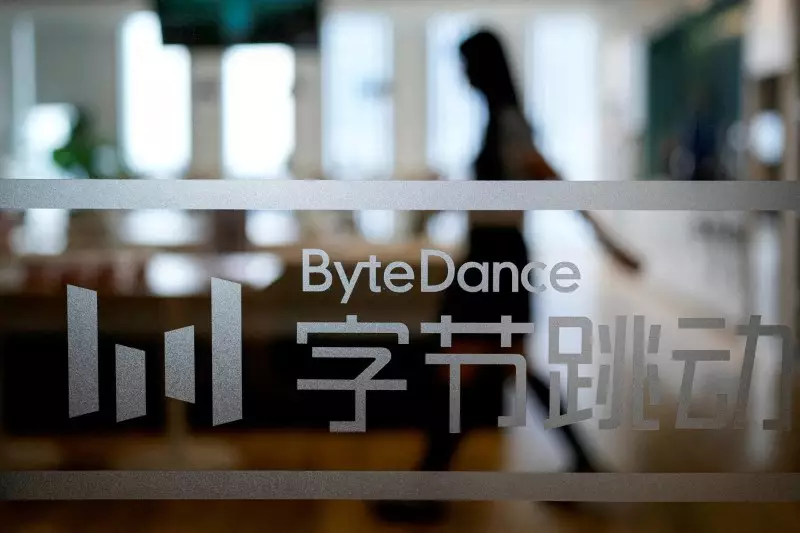Recent evaluations paint ByteDance, the Chinese parent company of TikTok, as a formidable player in the tech landscape, with a self-assessed valuation of approximately $300 billion. This figure comes on the heels of a reported buyback offer, where the company aims to reacquire shares at an estimated price of $180 each. However, this financial maneuver occurs at a time when TikTok’s future in the United States hangs in the balance due to ongoing political and regulatory challenges. Investors have been cautiously optimistic, interpreting the potential return of Donald Trump as a favorable turn for TikTok’s operational viability within U.S. borders.
The political landscape surrounding TikTok has long been tumultuous. Trump’s administration placed TikTok’s ownership under intense scrutiny, initially labeling it a national security risk. However, his recent remarks indicate a quasi-supportive stance towards the platform, emphasizing the need for competition in the social media sphere. Trump’s earlier criticisms seem to have softened, especially after he actively engaged with the platform, which boasts a vast user base of around 170 million American citizens. This seemingly contradictory behavior raises questions about the influence of political posturing on business decisions and consumer behavior.
Contrasting with the previous administration’s approach, President Joe Biden’s government has adopted a more nuanced perspective. The legislation enacted on April 24 explicitly demands that ByteDance divest its ownership of TikTok by January 19, citing national security concerns. However, this law stops short of outright banning the app, indicating an attempt to balance security interests with consumer demands for continued access to the platform. This legislation illustrates a critical pivot in U.S. policy, acknowledging the platform’s significance while attempting to mitigate potential risks associated with foreign ownership.
In response to these legislative challenges, TikTok and ByteDance have taken a proactive stance by launching legal action in U.S. federal court aimed at blocking this law. The outcome of this legal battle could have significant ramifications for the company and its stakeholders. Should they succeed, it could pave the way for a re-evaluation of how foreign technology firms operate within the United States. Conversely, an adverse ruling could force ByteDance into a scramble to either find a suitable buyer or restructure its entire U.S. operations.
The juxtaposition of ByteDance’s robust valuation and TikTok’s precarious position in the U.S. serves as a poignant reminder of the complexities of global tech business. As the company navigates a landscape fraught with political tensions and legal challenges, the coming months will be crucial. Not only will the decisions made by corporate leaders impact their bottom line, but they will also shape the future of a platform that has fundamentally altered the social media landscape. As stakeholders watch closely, the unfolding saga of TikTok continues to be a compelling case study in the intersection of technology, politics, and global business.

